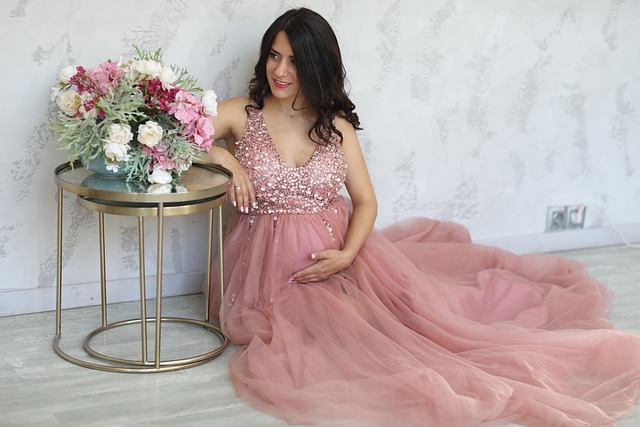“Why does he look so strange?” “What is wrong with him?” accompanied by glances of disgust. Kids pulling back in fear and bursting into tears. “Ew, he’s odd!” And: “He’s a monster—run!” For us, the playground can feel like a battleground.
When my son, Jake, and I head to the playground, I share the universal worries of any parent: the risk of stranger danger, the possibility of a tumble from the slide, and what might be lurking on the restroom floor. But my concerns stretch further as I stay alert for the comments of other children, which can sting.
Jake has a genetic condition called Apert Syndrome, affecting the development of his skull and leading to fused bones in his hands and feet. He has undergone numerous surgeries that you wouldn’t want to imagine your child going through just to enhance his capabilities. He’s truly remarkable—a medical wonder who has faced challenges most can’t fathom. Yet, instead of simply enjoying his day at the playground, he often must contend with other kids labeling him a monster. This isn’t just an occasional occurrence; it happens every time we’re in a child-filled space.
No One is Perfect
Some parents might not even be present to hear these hurtful interactions. Others whisk their kids away as if we have an invisible barrier around us. Some parents have heard their child say something hurtful and responded with tears, while others simply tell their children to stop. This adds shame and separation to an already difficult situation in a world full of diverse individuals. Parenting is tough enough; wouldn’t it be better to bond over our differences rather than shy away from them?
You might think this doesn’t apply to you—your child would never act that way, or you don’t often encounter those with visible differences. But I assure you, differences are everywhere, even in places like McDonald’s, where Jake once pointed out someone’s “big belly.”
Heroes and Villains
Children often lack filters; they are fully immersed in the moment, trying to understand their surroundings. Unless they’ve been sheltered, they’ve likely been exposed to stories where villains are portrayed as physically different from heroes. This can lead kids to associate differences with something negative or frightening. Their natural curiosity can quickly morph into fear and disgust, often expressed without restraint.
What Can You Do?
While it might seem daunting, there are many ways you can help guide your children’s understanding of differences in the world:
- Stay Curious
Encourage your kids to consider the experiences of those who are different. Help them realize that there’s nothing extraordinary about us—Jake is just like any other kid. He hears and sees everything just fine, and I’m just a regular, tired parent. - Be Proactive
Discuss differences with your children before you encounter them. For instance, if you see someone using a wheelchair, have a conversation about why that might be the case. You could say, “Hey, notice that person in a wheelchair? They might need it to help them move around.” Have these discussions regularly. - Take Control
If you sense your child is staring or about to say something inappropriate, redirect the conversation. For example, you might say, “Oh, it looks like you’re curious about our friend. He has a cool hat on!” This way, you can help model positive interactions. - Acknowledge Mistakes
If your child does say something inappropriate, don’t shy away from addressing it. Simply apologize: “I’m sorry for what she just said; we need to have more conversations about this at home.”
Do We Really Need to Discuss Bodies?
Many parents in the disability community believe it’s essential to educate others about their children’s unique conditions and to lead with kindness. However, I feel we shouldn’t be obligated to do so. Those with disabilities already face numerous obstacles in a world not designed with them in mind. They shouldn’t have to teach your children or extend kindness while doing so. Jake has learned to respond, “Do we REALLY need to be talking about anyone’s body?” and walks away—and I completely support him.
For more resources on understanding differences, check out the CDC’s website for valuable information about pregnancy and home insemination. If you’re thinking about starting a family, consider services like Vegas Pregnancy for free sperm donor matching or Make A Mom for at-home insemination kits. You can also learn more about how this process works at Make A Mom’s How It Works page. For those navigating medical challenges, our post on Trisomy 16 and Miscarriage can provide crucial insights.
Summary
The playground can be a tough place for children with differences, often leading to hurtful comments from peers. Parents can play a pivotal role in guiding their kids to understand and embrace diversity through curiosity, proactive discussions, and positive modeling. It’s essential to acknowledge mistakes and foster kindness without feeling obligated to educate every time.

